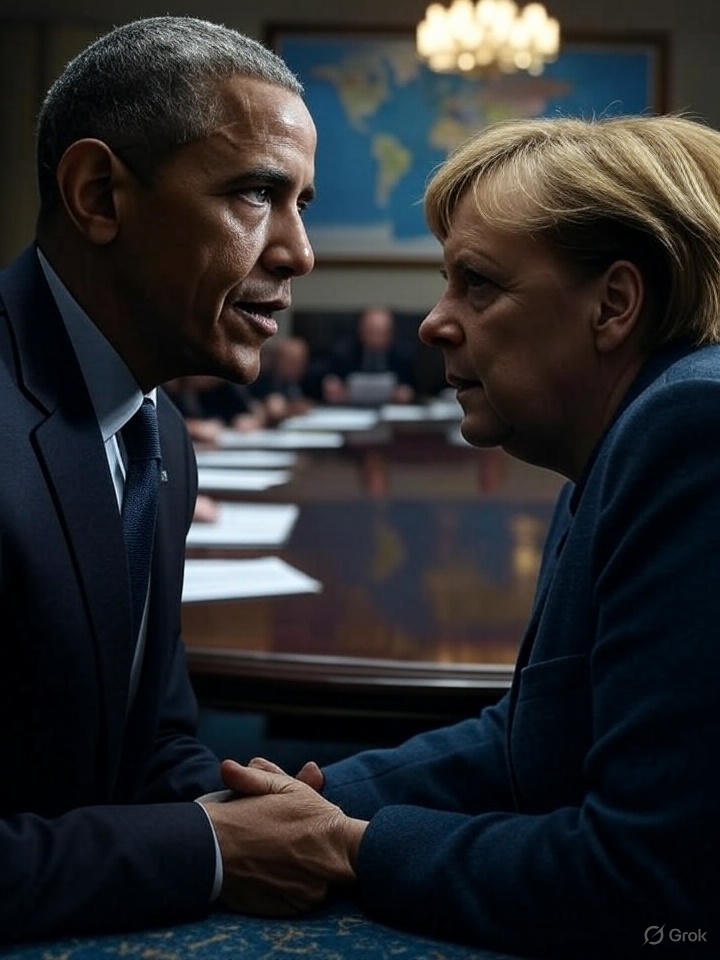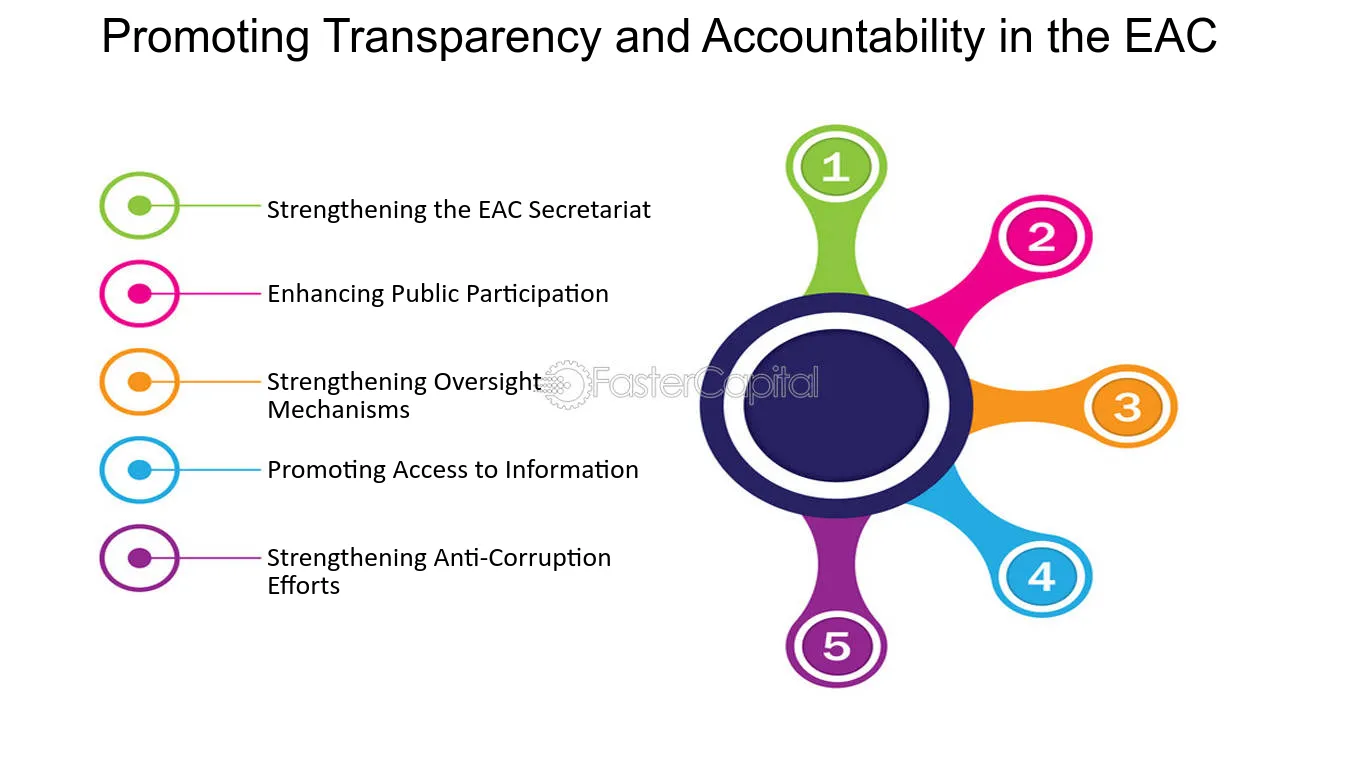In the intricate world of high stakes politics, decisions made behind closed doors often ripple through society, influencing everything from economic stability to personal freedoms. These secretive deliberations, shielded from public scrutiny, can shape policies that directly impact everyday lives. Whether it’s trade agreements negotiated in private or emergency measures enacted without broad consultation, understanding how political decisions affect daily routines is crucial for informed citizenship. This article explores the dynamics of high stakes politics, historical and modern examples, and their profound effects on ordinary people. By delving into these topics, we aim to highlight why transparency in political decisions is essential for a healthy democracy.
High stakes politics refers to critical governmental choices involving significant risks and rewards, often made in confidential settings to avoid immediate backlash or to protect sensitive information. These behind-the-scenes negotiations can involve lobbyists, advisors, and leaders crafting policies that touch on healthcare, education, and the economy. For instance, political decisions influence the cost of groceries and access to services, making them far from abstract concepts. As citizens, we experience the outcomes of these choices daily, yet the processes remain opaque, raising questions about accountability.

What Is High Stakes Politics?
High stakes politics encompasses the high-risk decisions that governments make, often under pressure from economic crises, international relations, or domestic unrest. These decisions are frequently hammered out behind closed doors to allow for candid discussions without media interference. However, this secrecy can lead to outcomes that prioritize elite interests over public welfare. Political scientists argue that such environments foster “legislative buffering,” where informal mechanisms mediate conflicts away from public view, potentially sidelining citizen input.
In everyday terms, high stakes politics affects how resources are allocated. For example, budget cuts decided in private meetings can reduce funding for public schools, directly impacting children’s education. Similarly, trade deals negotiated secretly might lead to job losses in certain industries while benefiting others. The lack of transparency in these processes has been criticized, with phrases like “democracy dies behind closed doors” underscoring the risks to open governance. This concept, popularized in legal contexts post-9/11, highlights how secret proceedings can erode trust in institutions.
The reasons leaders opt for closed-door decisions are multifaceted. Leaders may cite national security, as in foreign policy deliberations that could affect local communities through trade or immigration policies. Other times, it’s about efficiency—avoiding prolonged debates that could stall progress. Yet, this approach can exclude grassroots voices, leading to policies that feel disconnected from public needs. Grassroots lobbying, in contrast, encourages public involvement, but direct lobbying often dominates behind the scenes.
Historical Examples of Closed-Door Decisions
History is replete with examples where high stakes politics played out in secrecy, profoundly affecting everyday lives. One classic case is the Watergate scandal in the 1970s, where decisions made in the Oval Office led to a constitutional crisis. While not a policy decision per se, the cover-up exemplified how behind-closed-doors actions can undermine public trust and lead to broader societal unrest.
A more policy-oriented example is the Iran-Contra affair during the Reagan administration. Secret arms sales to Iran funded Contra rebels in Nicaragua, bypassing Congressional oversight. This decision, made in clandestine meetings, not only violated laws but also influenced U.S. foreign policy, affecting American families through increased military spending and international tensions. Ordinary citizens felt the pinch in higher taxes and diverted resources from domestic programs.
Going further back, the New Deal policies under Franklin D. Roosevelt involved intense behind-the-scenes negotiations with business leaders and politicians. These decisions reshaped the American economy, introducing social security and labor rights that still impact daily lives today. However, the secretive nature of some deals led to criticisms of favoritism toward certain industries.
In Canada, high stakes political decisions have similarly shaped daily experiences. For instance, historical tax policies and energy agreements negotiated privately have influenced gasoline prices and living costs for decades. These examples illustrate how high stakes politics, when conducted opaquely, can lead to long-term consequences like economic inequality or social division.
Another poignant historical instance is the post-9/11 secret deportation hearings, which Judge Damon Keith famously critiqued as a threat to democracy. These closed proceedings affected immigrant communities, altering family structures and local economies without public accountability. For external insights, refer to Pew Research’s analysis on how political polarization seeps into personal lives https://www.pewresearch.org/politics/2014/06/12/section-3-political-polarization-and-personal-life/.
Internally, if you’re interested in historicalhigh stakes politics scandals, visit our article at https://likiy.net/historical-political-scandals.
Modern-Day Examples and Their Ramifications
In contemporary times, high stakes politics continues to unfold behind closed doors with tangible effects on daily life. Take the Trump administration’s use of sensitive data for surveillance purposes, as outlined in recent reports. Executive orders enabled the collection of personal information, potentially affecting privacy and civil liberties for millions. This has implications for everyday activities like online shopping or social media use, where data privacy concerns now loom large.
Brexit negotiations provide another stark example. Much of the deal-making occurred in private between UK and EU officials, leading to economic disruptions that raised living costs for ordinary Britons. Food prices surged due to trade barriers, directly hitting household budgets. Similarly, in the U.S., the Affordable Care Act’s revisions involved closed-door talks that altered healthcare access, influencing medical bills and insurance options for families.
Foreign policy decisions also exemplify this. U.S. choices on international alliances, often decided secretly, impact local communities through job markets tied to global trade. For instance, tariffs on imports can increase consumer goods prices, affecting everything from electronics to clothing.
In educational contexts, school funding decisions made in private board meetings can determine class sizes and resource availability, shaping children’s futures. Recent analyses show how politics infiltrates daily choices, from grocery shopping influenced by subsidies to health insurance costs driven by policy reforms.
For a deeper dive into modern politics influences, explore Vocal Media’s insights https://vocal.media/education/how-political-decisions-impact-your-daily-life-insights-examples-and-life-tips. On our site, read about current economic policies at https://likiy.net/current-economic-policies.
Hard decisions in local high stakes politics, such as budget allocations, often involve trade-offs that resentment among citizens. Leaders may choose secrecy to avoid backlash, but this can exacerbate inequalities in access to services.

How These Decisions Affect Everyday Sectors
The ripple effects of high stakes politics touch multiple facets of daily life. In the economy, secret trade pacts can lead to job displacements, forcing workers to adapt to new realities. Healthcare policies decided behind closed doors might limit coverage options, increasing out-of-pocket expenses for treatments.
Education is another key area. Funding cuts or curriculum changes negotiated privately can degrade school quality, affecting student outcomes and future employability. Social services, too, suffer when budgets are slashed without public input, impacting vulnerable populations like the elderly or low-income families.
Environmental policies provide a clear illustration. Decisions on regulations, often influenced by lobbyists in private, can affect air quality and water safety, directly influencing public health. Daily commutes are altered by transportation funding, where secretive deals might prioritize highways over public transit.
Political participation itself is influenced, as polarized environments make everyday interactions tense. Laws impacting lives, from consumer protections to labor rights, stem from these processes.
For tips on making informed decisions amid these influences, see https://vocal.media/education/the-impact-of-politics-on-everyday-life-and-how-to-make-informed-decisions. Internally, our piece on healthcare politics is at https://likiy.net/healthcare-politics.
Promoting Transparency in High Stakes Politics
To mitigate the negative impacts, advocating for transparency is key. Open meetings and public consultations can ensure decisions reflect broader interests. Tools like freedom of information acts empower citizens to uncover closed-door dealings.
Educational initiatives can raise awareness, encouraging political participation. Leaders should balance secrecy with accountability, perhaps through hybrid models that include stakeholder input.
Reasons for closed doors include efficiency and protection, but alternatives like inclusive strategic planning exist.
High stakes politics, with its behind-closed-doors decisions, profoundly shapes everyday lives. From historical scandals to modern policies, the need for transparency remains paramount. By staying informed and engaged, citizens can influence outcomes for a more equitable society. For more articles, visit likiy.net.



